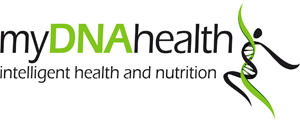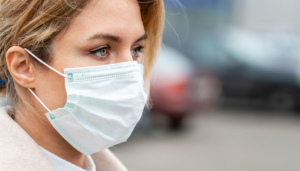A slow return to normality?
How consumers adapt to COVID-19 and the coronavirus recession will have long-lasting effects.
We saw in the aftermath of the 2008 financial crisis that consumers kept their savvy shopping behaviour long after the worst of their financial difficulties passed. This time, consumers are adjusting to cheaper, convenient forms of wellness services in the home.
It is also unlikely that people will rush back out once social distancing measures are lifted. The experience from China suggests that normality will return gradually.
For businesses, this means working harder than ever to persuade customers to come back, and a driving need to adjust distribution channels in order to adapt to the new normal.
The likes of Zoom, Skype and similar services have been a lifeline replacement for face-to-face meetings, providing opportunities for health and nutrition professionals to connect to clients.
There is also growing use of telephone clinics among healthcare professionals as they are recognising that you can do a lot on a telephone clinic call. Professionals can’t do everything clearly, but they can do a lot.
Covid-19 has put maintaining a healthy weight high on the agenda. Consumers facing an extended period of their time at home may see it as a good reason to “upgrade” their health with lifestyle and diet interventions.
myDNAhealth’s Optimal Health test is a perfect report which covers propensity to higher BMI and is well suited to anyone concerned about their weight.
In the next blog, myDNAhealth’s scientific officer covers the risk of being overweight or obese to Covid-19 severity.



